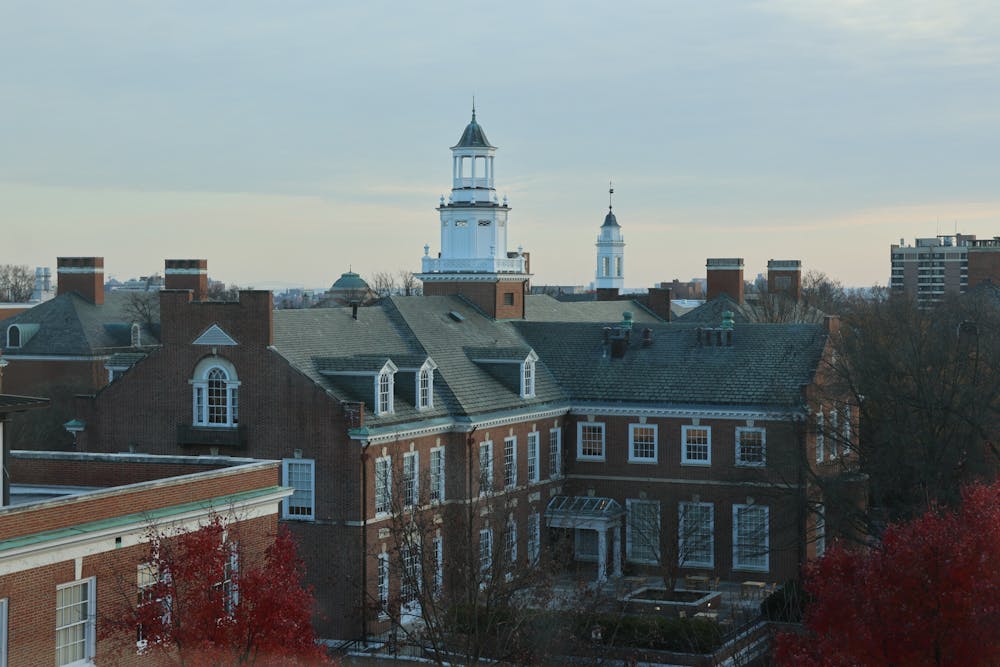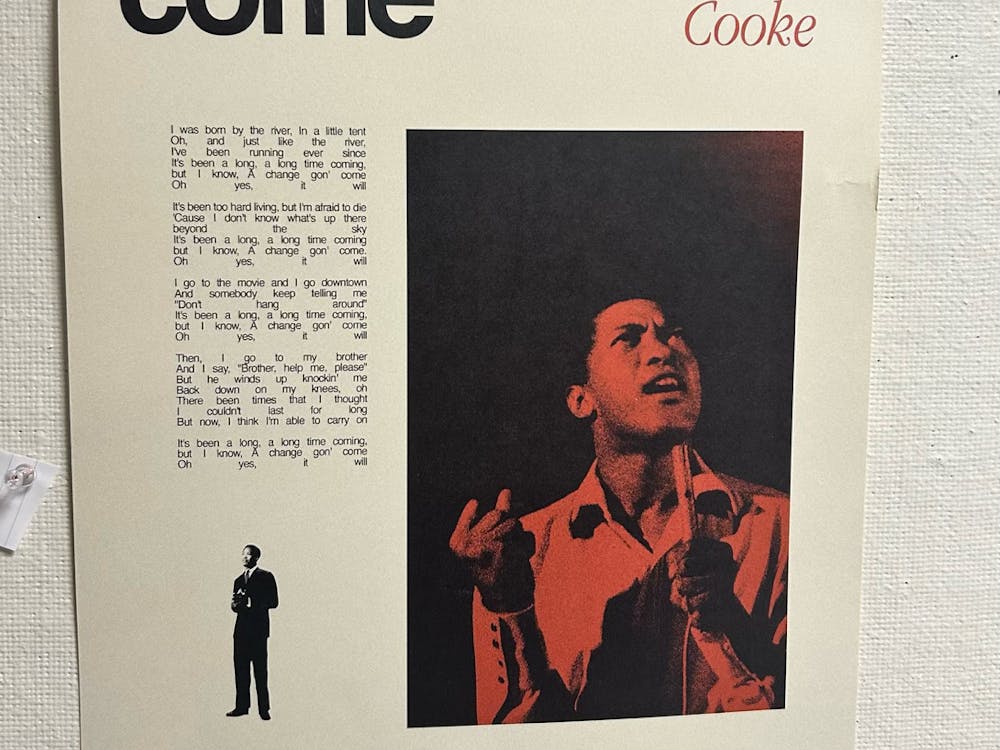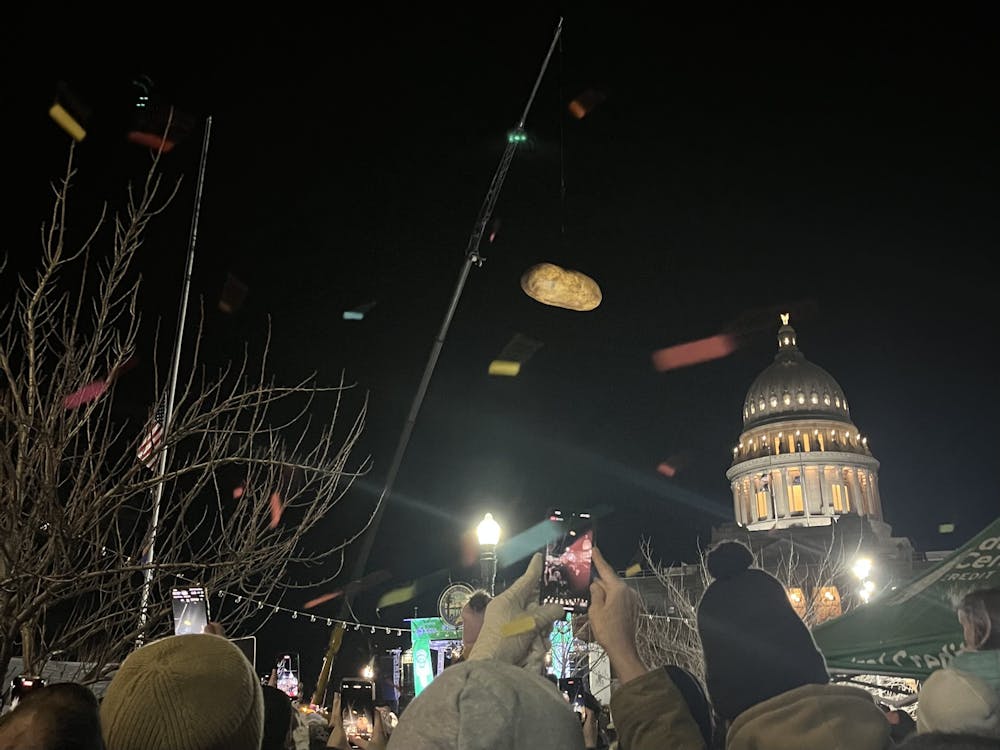As a rising sophomore, I remember being nervous to apply to courses as I was freshly entering college last year. I would wonder, “Is my course load too tough?” or “How can I be sure that I will like the class?”
After two semesters of grappling with these thoughts, here is a list of my top three favorite courses (not in any particular order):
Honors Organic Chemistry II taught by Professor John D. Tovar
The organic chemistry series will likely be part of many students’ futures (especially pre-med students). It is the final class of a sequence that looks at reactivity at the molecular level qualitatively (no calculations!). Although many often complain that there is a lot of memorization involved, I learned that the class is mainly focused on problem-solving. This meant that I took as truth a foundation of axioms (electronegativity scale and theories regarding electron motion within atoms and molecules) and, from that, the rest of the course was a matter of solving a series of puzzles.
Organic Chemistry I laid down the rules and a few simple reaction schemes, while Organic Chemistry II developed in interesting and progressively more complex ways. Professor Tovar successfully weaved in his own research and some academic literature during our lectures, making them more vibrant.
Honors Linear Algebra taught by Professor Yiannis Sakellaridis
Admittedly, this is one of the most difficult — but enriching — courses I have ever taken. The class relied on a precise knowledge of definitions and the ability to apply them to form interesting conclusions. Contrary to the name of the class, the topic of linear algebra was really secondary to this goal. This is exactly why I enjoyed it so much. It primarily taught me to critically think using linear algebra as a surrogate.
However, that is not to say that linear algebra is uninteresting — in fact, it is the most interesting math class I have taken up to now for its relatively simple structures and oftentimes “pure” proofs. Additionally, linear algebra has practical applications in many real-life fields, from algorithms to signal processing.
Single Molecule and Cell Biophysics taught by Professors Sua Myong and Taekjip Ha
This biophysics seminar was a true tour de force of techniques to study single molecule biological events and leverage them (for example DNA amplification). Each week was fully packed with a lecture and academic paper presentation regarding a different topic in biophysics.
One especially intriguing topic was how to make measurements at the protein-level scale, which is in nanometers. One answer to this is single-molecule fluorescence resonance energy transfer (FRET). It uses measurable fluorescence intensities of two dyes (which depend on their distance) to make a reading. Admittedly, the structure is slightly antagonistic to the “building up” format of the aforementioned courses, but it was useful in locating what specific sub-topic in biophysics I am interested in.
With these reviews, I have realized that the ease of the course is not what necessarily determines how good it is. Rather, for me, a great course is one that is either useful in discovering a passion or that provides a new, interesting outlook on a given subject matter.





